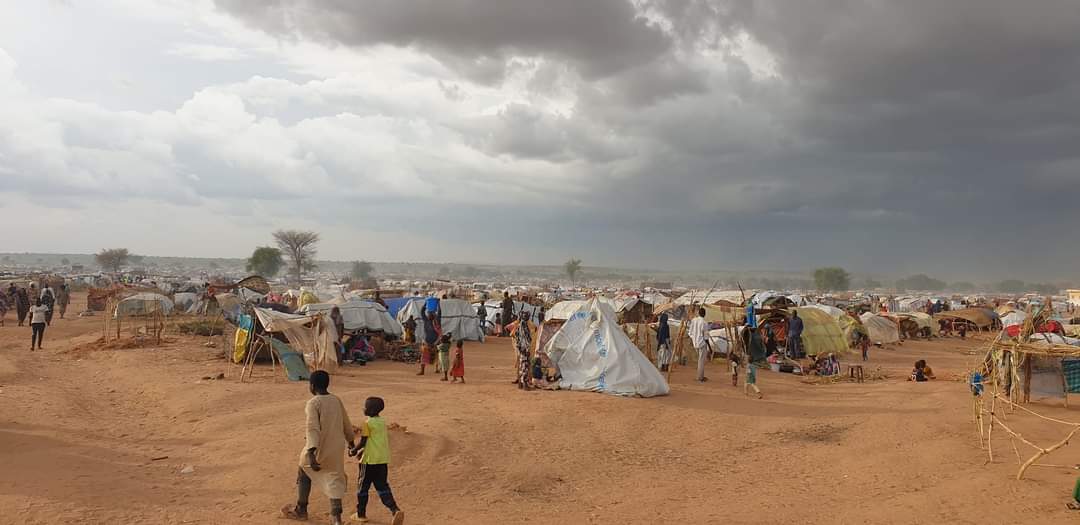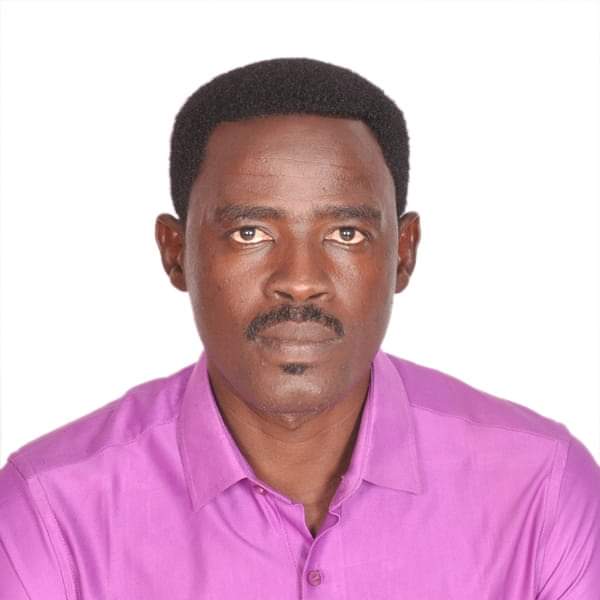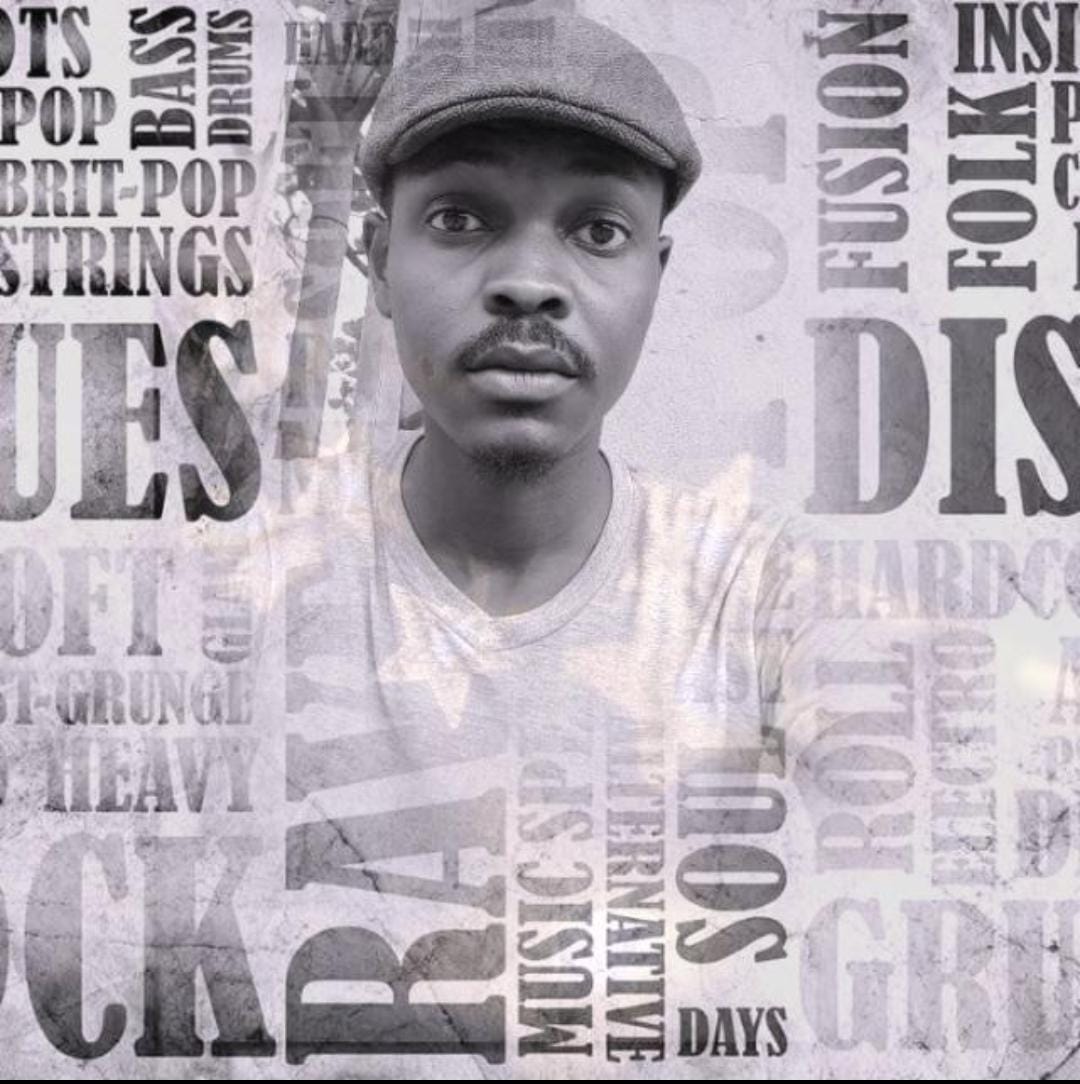A war behind closed doors in Sudan’s Darfur region is believed to have killed more than 10,000 civilians. Villages and residential areas of African peoples are destroyed, women are raped. According to the Sudanese NGO the Professional Pharmacists Association and leaders of African tribes, there are 11,000 bodies buried in mass graves in and around the town of El Geneina alone. But the outside world hardly knows about it as the region is too dangerous for foreign observers.
In April, fighting broke out in Sudan between two factions in the armed forces: between rivals Abdel Fattah al-Burhan of the regular army and Mohamed Hamdan Dagalo, also known as Hemedti, of the paramilitary Rapid Support Forces (RSF). This fight is concentrated in the capital Khartoum. At the same time, an old conflict between peoples of Arab and African descent flared up in the western region of Darfur. The RSF deploys Arab militias, but the government army largely remains in its barracks. The African peoples sometimes have their own defense militias.
Genocide
Many refugees tell how on their escape to neighboring Chad, they saw corpses lying along the roads and in rivers. “This is worse than what happened in 2003,” says official Alnour Abdalla (36) from El Geneina on the phone. He refers to ethnic cleansing of the same African peoples by Arab Darfuri and the government army led by then president Omar El-Bashir. The International Criminal Court in The Hague charged El-Bashir with genocide, which claimed an estimated 200,000 to 300,000 victims and displaced millions to displaced persons camps.
Even now, more and more reports are leaking out about possible war crimes and crimes against humanity from Darfur. The biggest victims are the African Masalit and the Fur. An estimated 700,000 Darfuri have been displaced and more than 200,000 fled to Chad. Lawyers and human rights activists talk about how the RSF uses lists with names of critics on it to be eliminated. Sultan Saad Abdulrahman, the traditional leader of the Masalit, called the attacks “well-prepared and systematic”. According to a group of activists from Masalit, the RSF is trying to implement a “demographic change”: the African peoples must leave Darfur.
Human Rights Watch reports in its recent report says that the RSF and allied Arab militias “summarily executed” at least 28 Masalit in the town of Misterei. The RSF paramilitaries went door to door and to mosques and schools. In one school, they entered classrooms and executed the men they found there. They also shot at children and women. Misterei went up in flames for the most part and satellite images show that another thirty villages were destroyed in Darfur. Rape is also systematically used as a weapon of war, human rights activist Ahlam Nasser told the BBC. An anonymous woman from El Geneina tells the broadcaster that men raped her “in turns” and then ordered her to leave the city, because it “belongs to the Arabs”.
“It is terrible what happened on that day in El Geneina on Friday morning, April 17, when it started,” says 28-year-old student Mustafa Ismail, another refugee in Chad, by phone. “I was at home when Arab warriors and members of the RSF rode into my neighborhood on motorcycles in off-road vehicles. They randomly shot young boys and the elderly and raped women and girls. I saw with my own eyes how a boy of twelve was shot in the head. Because I was hiding somewhere, they couldn’t see me. There was blood everywhere.”
He learned in his new hideout in the city that he was on a hit list. “I am a political activist and a Masalit. A friend told me that the RSF fighters were going around with an arrest list, and they had my picture with them. Miraculously, I managed to escape from my residence and hid again, this time at a friend’s house. When they left, I immediately ran to another neighborhood.”
Chad

Alnour Abdalla, who lives in a nearby neighborhood, hid for a long time after the outbreak of violence with his eight-month pregnant wife and other relatives. “I felt more hopeless every day,” he says. “We pondered for days whether we would flee the city.” The first time they tried it went horribly wrong.
“At 1 a.m. I started walking to Chad with my wife, mother and other relatives in a large group of people. But we were soon ambushed by the RSF. They shot at everyone, men, women, and children. Everywhere I saw corpses, there must have been three hundred. I ran away and later found only a few of my relatives. My wife made it, but my brother, his son… all dead.”
After a week he made another attempt, this time at 8 p.m. with a group of 250 men. “As soon as we were on the road, we fell into another RSF ambush. Many of us got shot, but we ran and ran, until we got to the Chadian border, thirty kilometers away. I saw many bodies as I walked to the border, of women and children and always of African tribes.”
Mustafa Ismail stayed longer in El Geneina. From his hiding place with his friend, he observed how the massacres continued. “I could not believe it. It was the worst thing I’ve seen in my life. These RSF and Arab militia are brutal and lack the essence of human feelings in their hearts. They are imbued with hatred of African tribes, especially the Masalit. As they killed young boys and raped women, they shouted, ‘Kill the slaves, kill the slaves’.”
After two months in that house, he decided to attempt an escape. “As we moved forward, we saw the boys from the RSF from a far. We saw how they had gathered dozens of Masalit youths and forced them to lie down on the ground. We hid in the bush and watched them shoot those youths in the head. They discovered some of us, shot some of them but I managed to run away. I reached Chad two days later. But here too, in the refugee camps, the situation is catastrophic. We suffer from water scarcity; there are no bathrooms and toilets. I feel lost and can’t shake the images off in my head. Now I’m going to find my wife, daughter and the rest of my family, because maybe they’re still alive, maybe they’re in Chad, maybe they’re still in Sudan.”

Alnour Abdalla

Mustafa Ismail
Thist article first appeared in NRC on 1-8-2023

